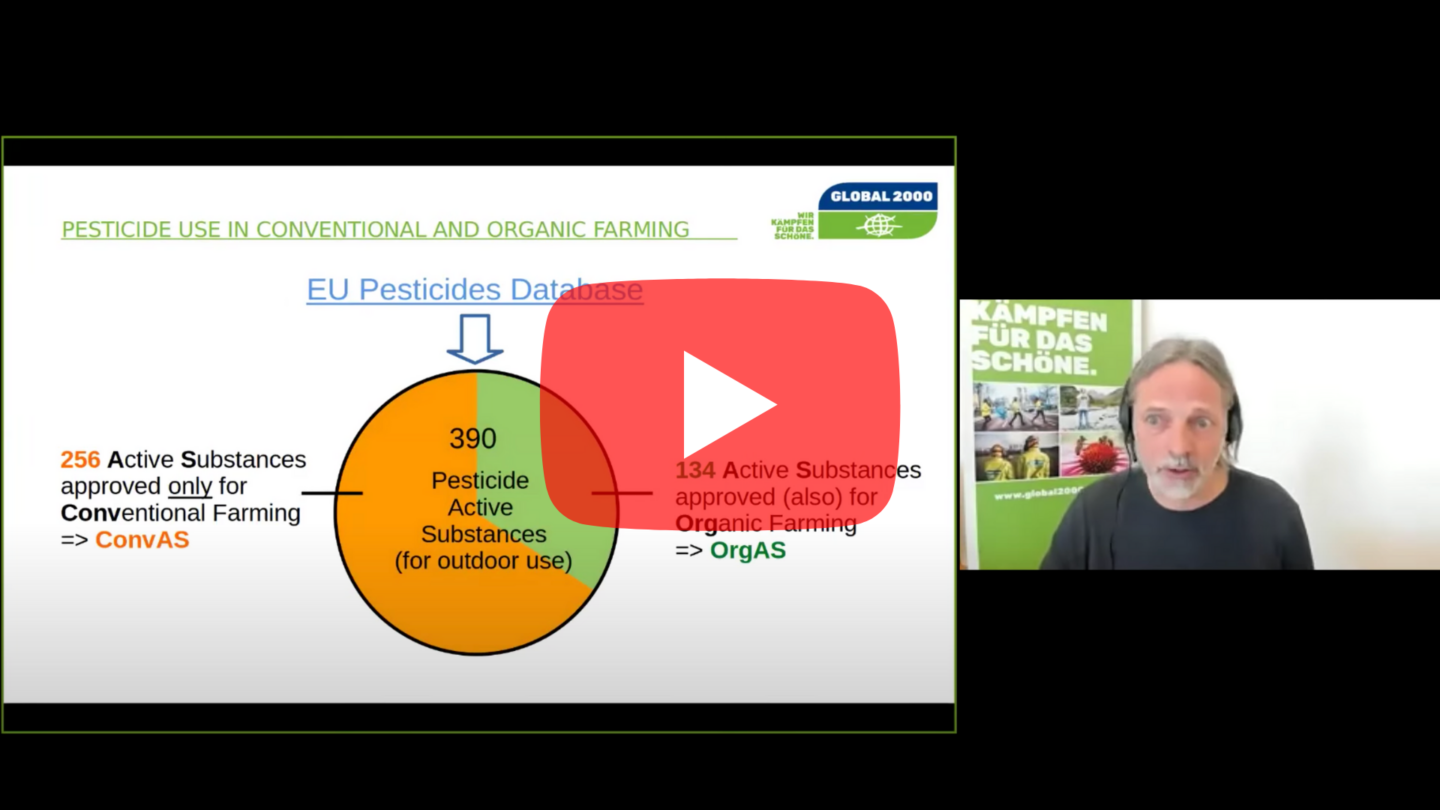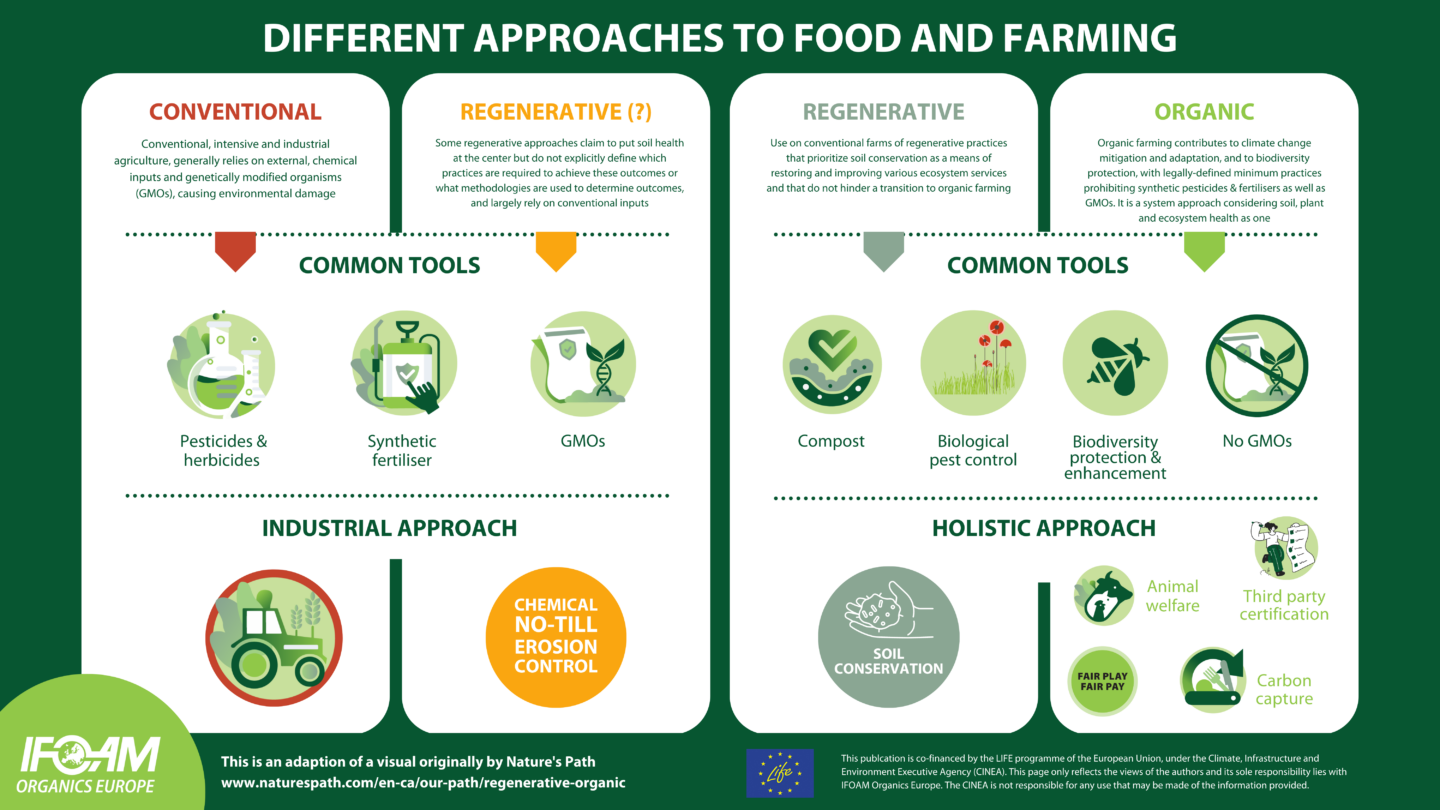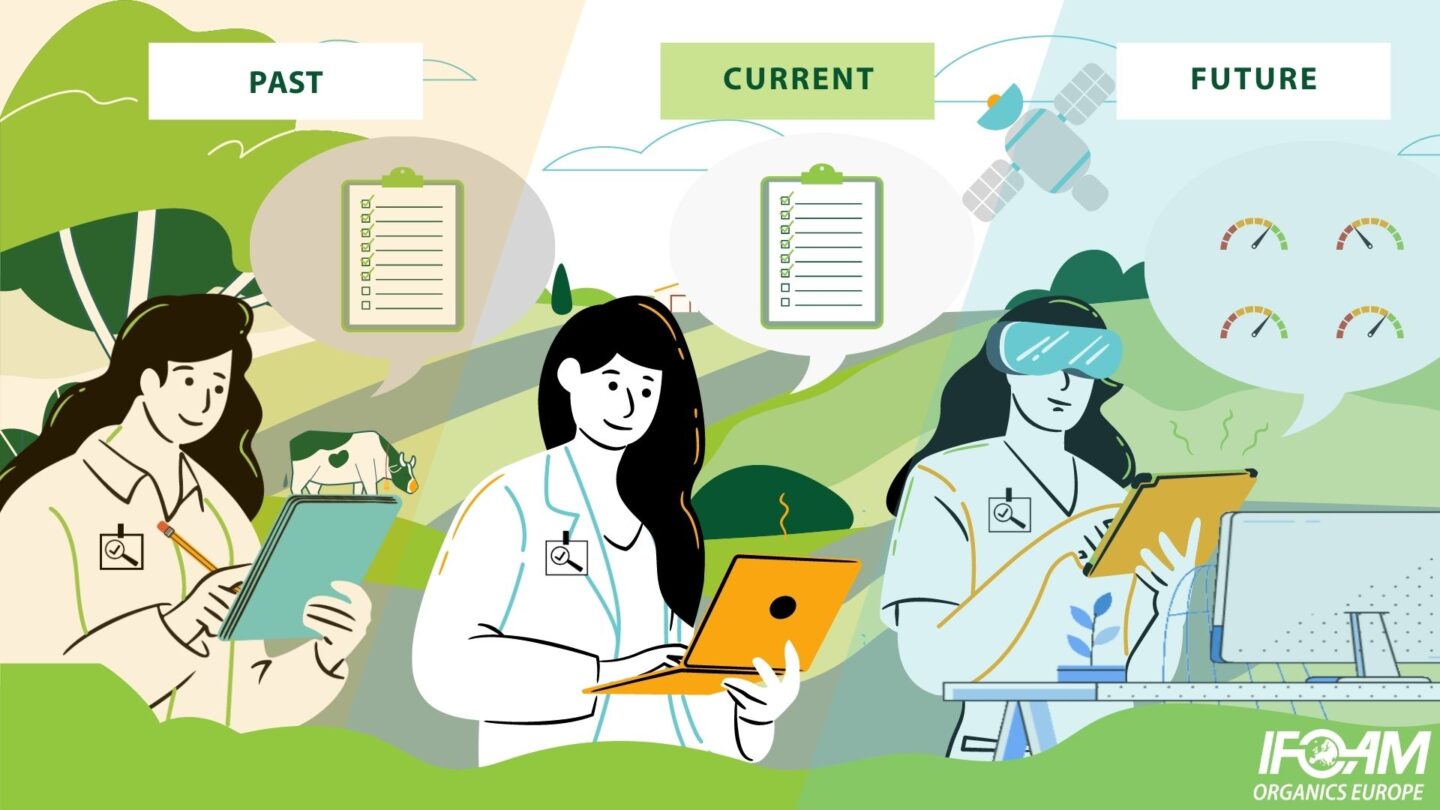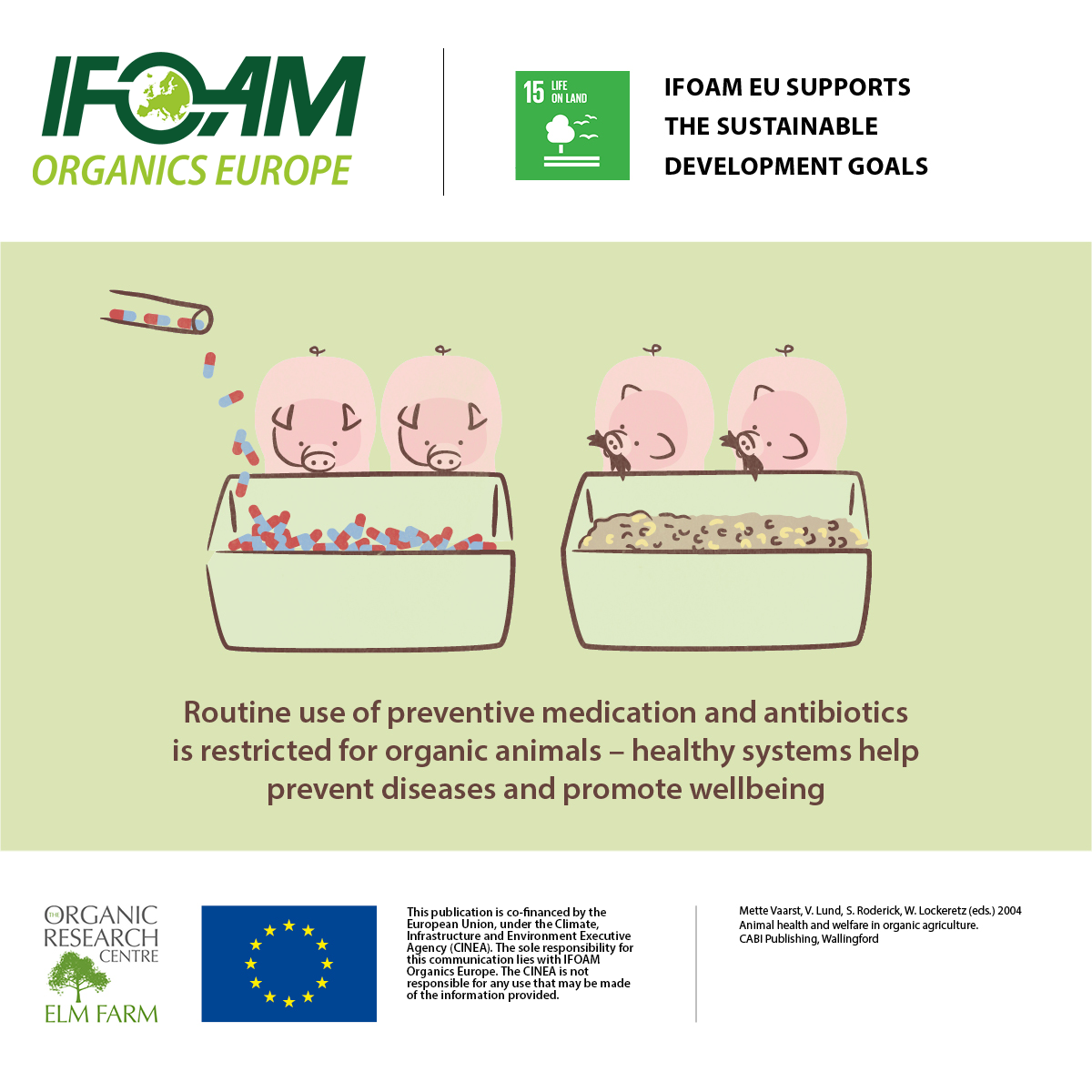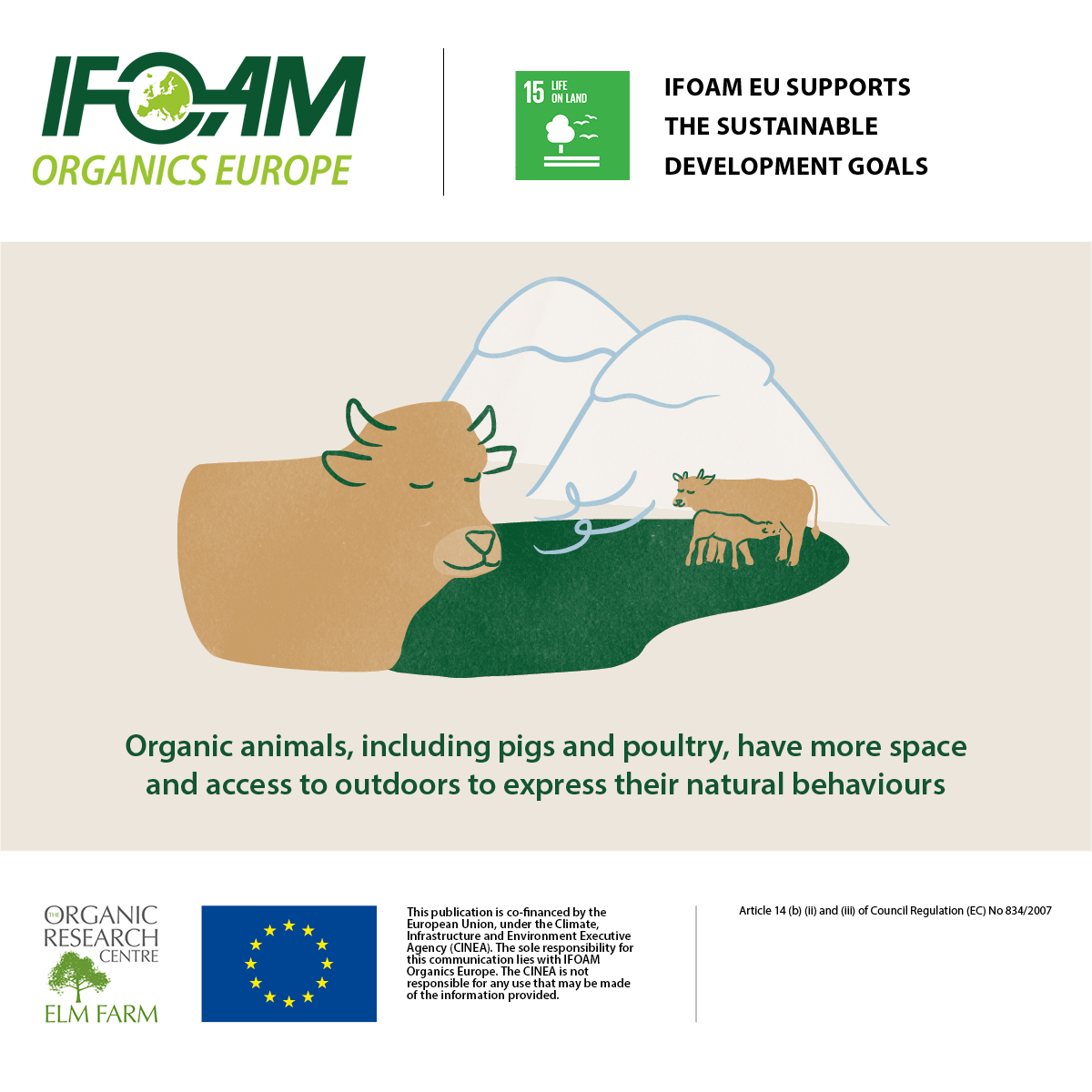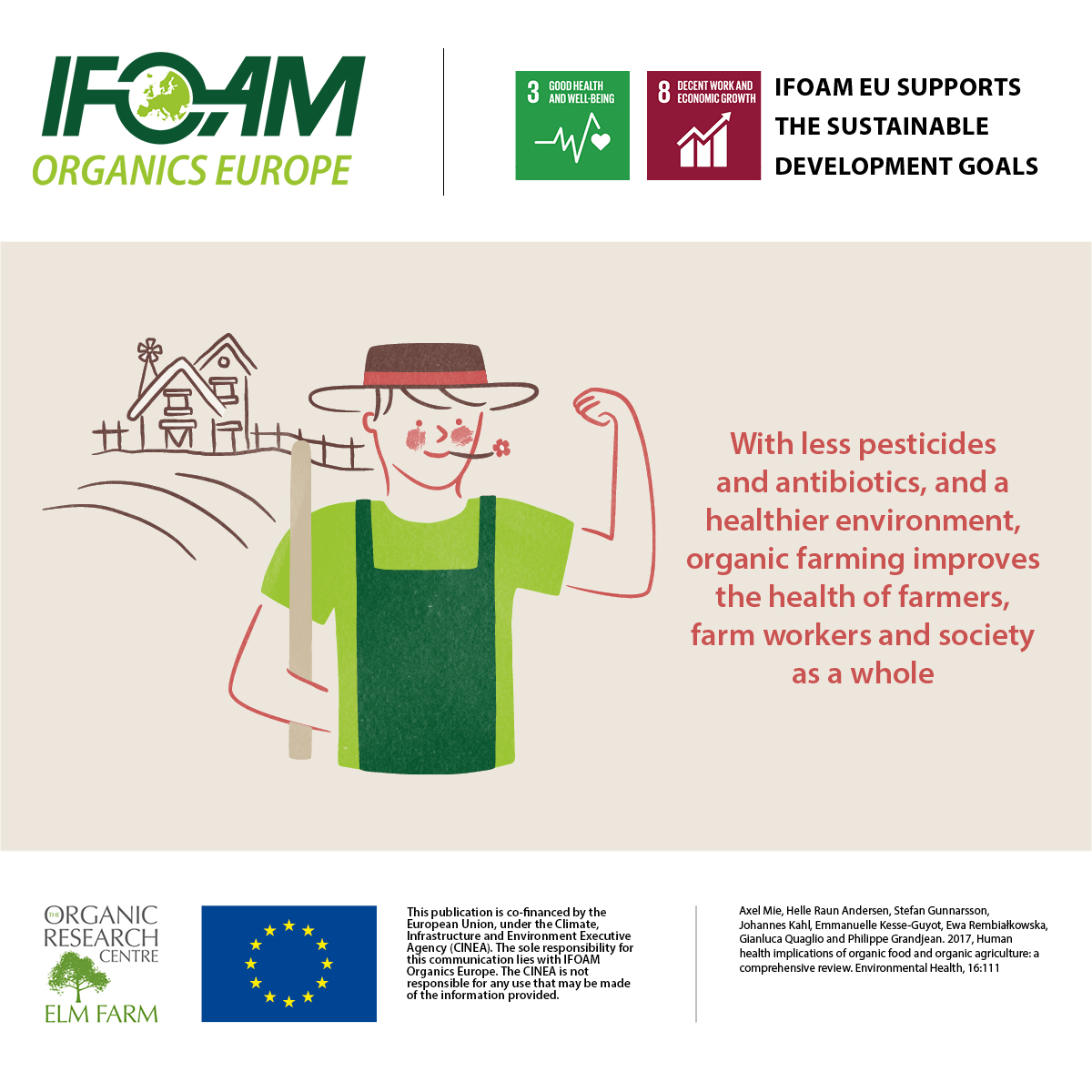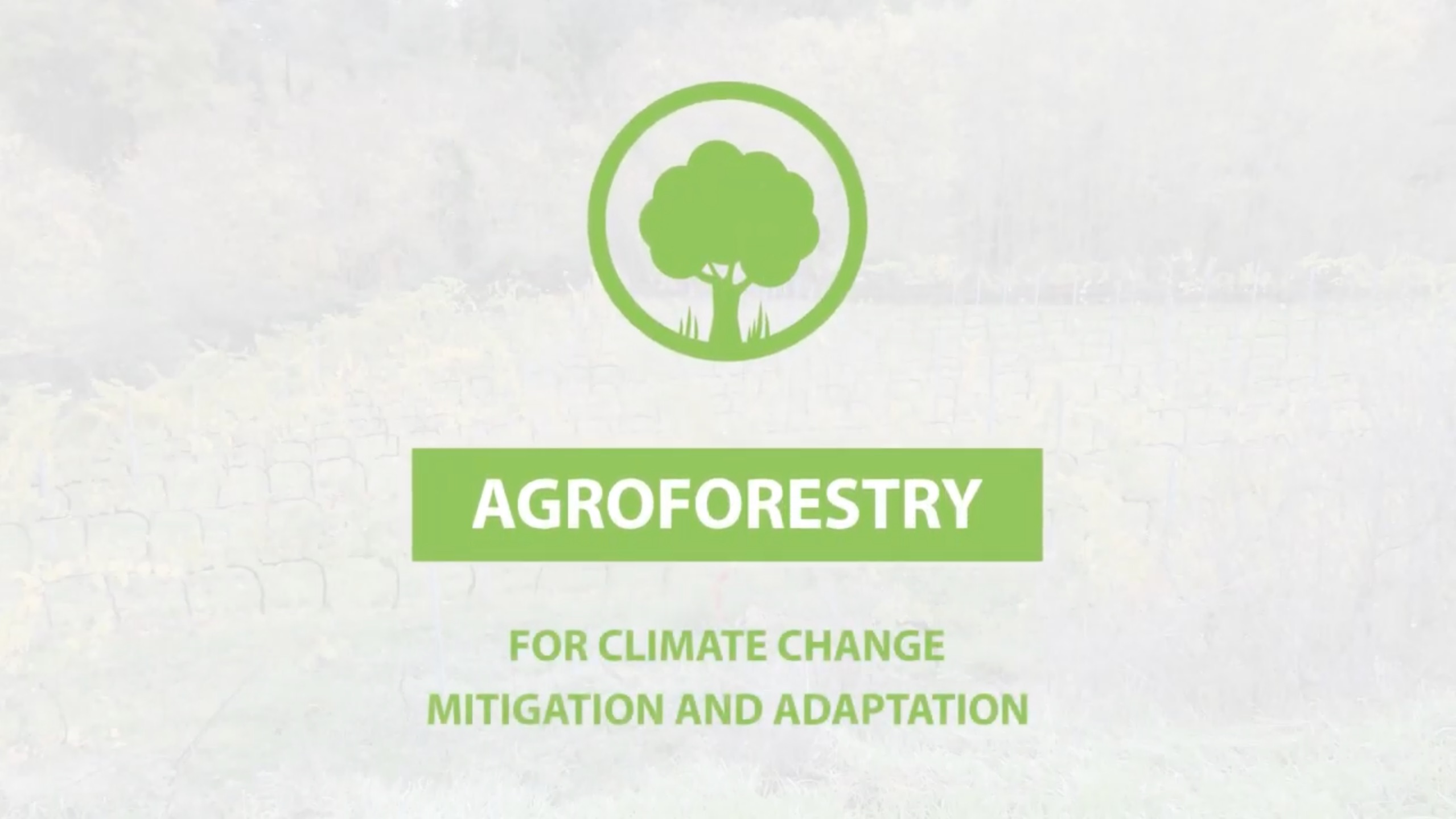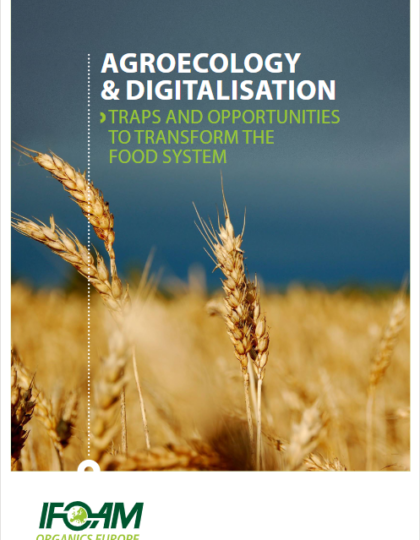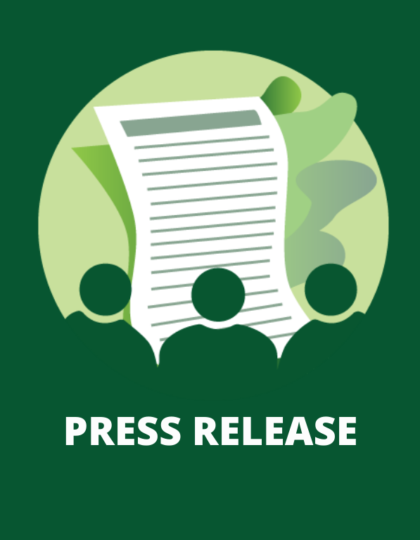In this section you can find all our resources organised by type, topic and sorted chronologically. Click on the kind of resources you’re searching for and browse our latest publications!
Library
Official letters

Ending the use of cages in animal farming
Ending the use of cages in animal farming. “End the cage age” ECI received 1.4 million verified signatures from every…
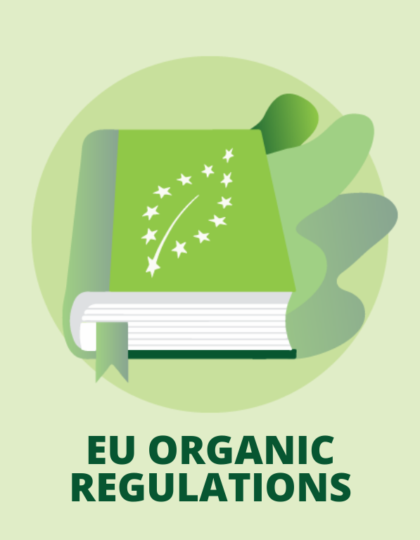
27/09/2011
Organic regulations
Concerns about the intention to extend the scope of the Ecolabel to include agricultural food products, processed foods and products from aquaculture To Mr Janez Potočnik, European Commissioner for the Environment and Dacian Cioloş, European Commissioner for Agriculture and Rural Development
Organic infographics and videos
Factsheets and manuals
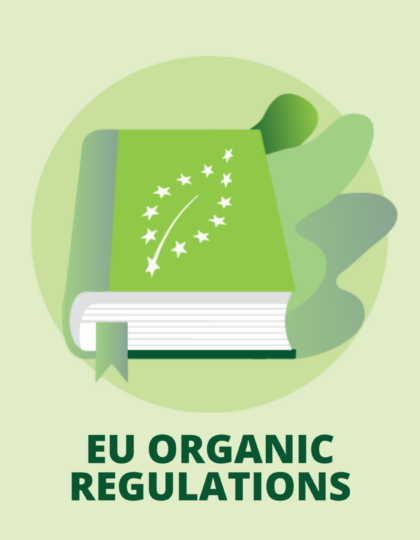
25/06/2024
Organic regulations
Management of pesticide residues in organic products – a follow-up brief
IFOAM Organics Europe published its Position Paper on the Management of Pesticide Residues in Organic Products early summer in 2023.…
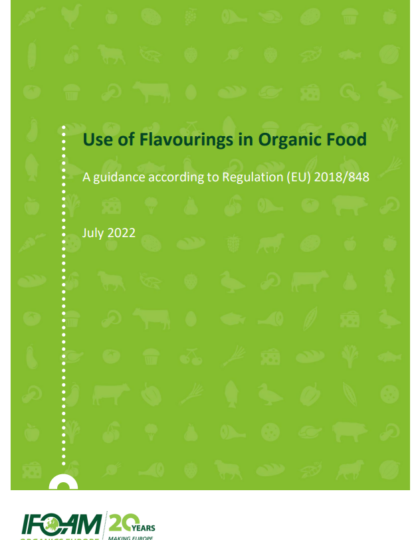
30/06/2022
Organic regulations
Use of Flavourings in Organic Food
This guidance is based on IFOAM Organics Europe understanding of the new Regulation (EU) 2018/848 (referred to in this document…
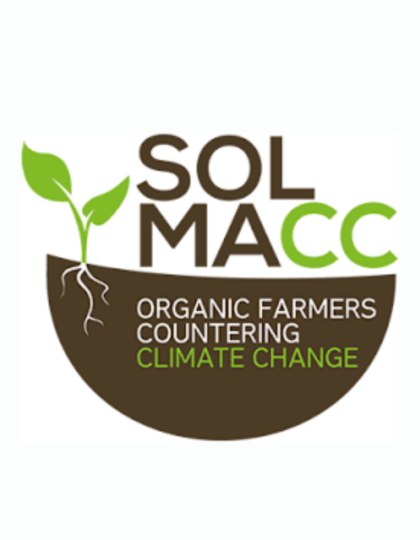
Climate-friendly practices on your farm - A practical manual
Extreme temperatures and weather events during the last springs and summers have left no doubt about the relevance of climate…
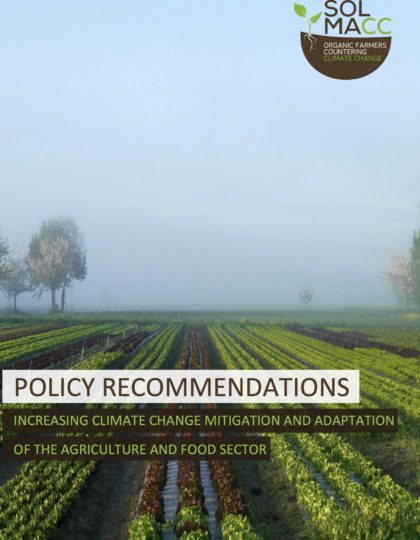
SOLMACC – Policy recommendations
Institute: Ekologiska Landbrukarna, FiBL , Bioland, AIAb and IFOAM EU
Leaflets
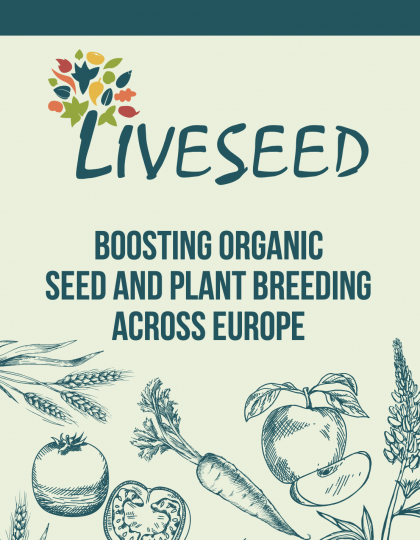
LIVESEED - Boosting organic seed and plant breeding across Europe
Seeds are the foundation of farming. Therefore, organic production should start with organic seed. Applying organic seed is mandatory according…
SOLMACC - Advocacy leaflet
Institute: Ekologiska Landbrukarna, FiBL , Bioland, AIAb and IFOAM EU
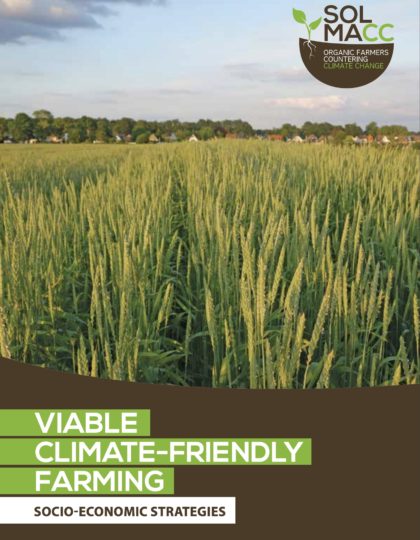
SOLMACC – Viable climate-friendly farming – Socio-economic strategies
Institute: Ekologiska Landbrukarna, FiBL , Bioland, AIAb and IFOAM EU – Authors: Sigrid Griese (Bioland), Lin Bautze (FiBL), Ann-Kathrin Trappenberg (IFOAM EU), Stephen Meredith (IFOAM EU), Eric Gall (IFOAM EU) and…
Reports and studies

Report on contaminants present in food - Evaluation of survey results
This report contains the results of a survey on contaminants on food and how to deal with them. The survey…
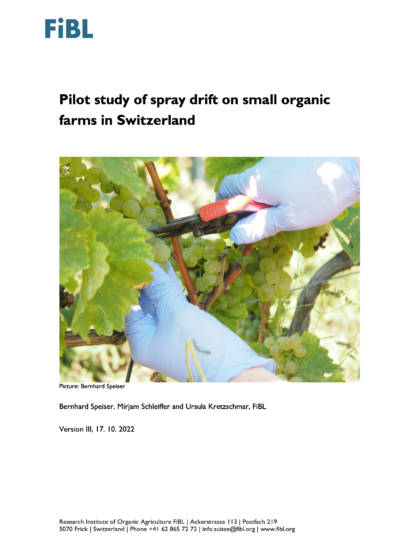
Pilot study of spray drift on small organic farms in Switzerland
Spray drift is a major problem for organic farmers, particularly in small fields (Speiser and Kretzschmar, 2021). To support the…

Cases of pesticide residues – Illustrating the decisions taken by control bodies and control authorities in Europe
The handling of organic products contaminated with pesticide residues is highly diverse within Europe. Also, differences between different actors within…
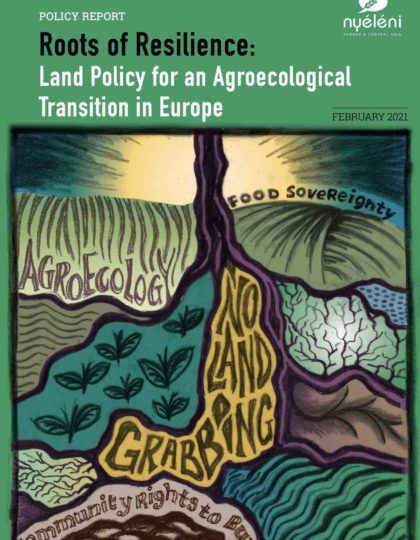
22/02/2021
Agroecology
Roots of Resilience: Land Policy for an Agroecological transition in Europe
Read the policy report report “Roots of resilience: Land policy for an agroecological transition in Europe” in EnglishRead the executive…
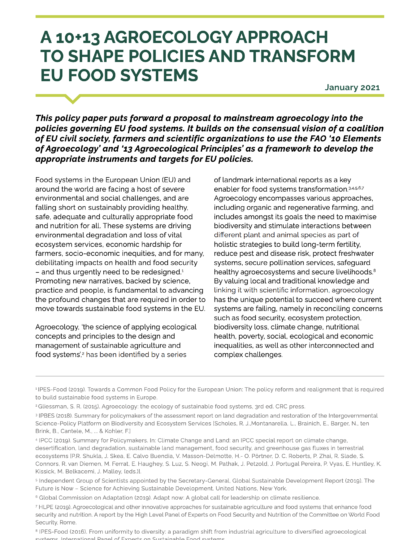
27/01/2021
Agroecology
A 10+13 agroecology approach to shape policies and transform eu food systems
This policy paper puts forward a proposal to mainstream agroecology into the policies governing EU food systems. It builds on…
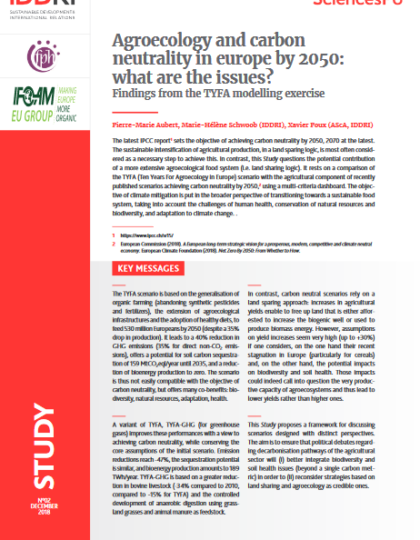
Agroecology and carbon neutrality in Europe by 2050: what are the issues?
Institute: Institute for Sustainable Development and International Relations (IDDRI) – Authors: Pierre-Marie Aubert, Marie-Hélène Schwoob, Xavier Poux
Press releases
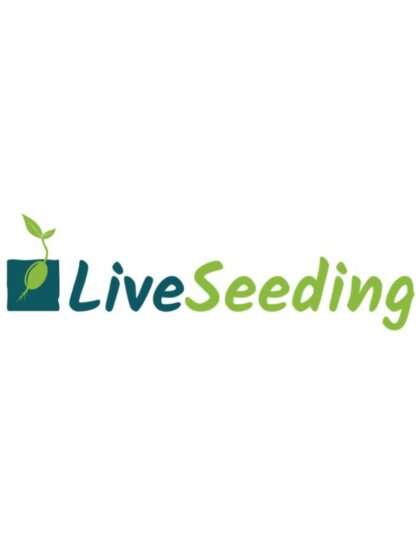
Six-fold increase in organic seeds needed in the next ten years in Europe - 2nd European Organic Seed Policy Conference shows pathways to make organic seeds a reality
The Spanish Presidency of the European Union put a spotlight on rural areas and agricultural resilience during a High-level Rural…
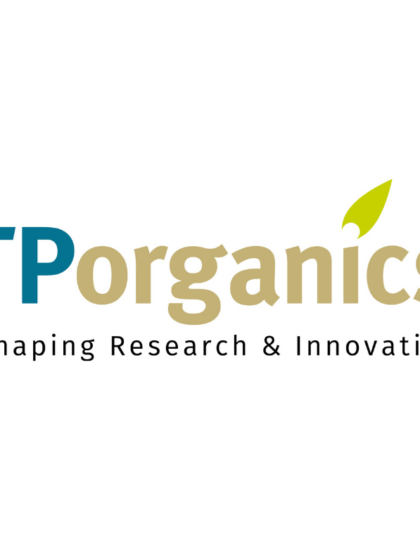
Organic and agroecological farming are the best guarantee for long-term food security
Brussels, 5 September 2023 – At today’s high-level expert webinar “Safeguarding long-term food security“, TP Organics, the European Technology Platform…

EU organic movement warns against greenwashing
BRUSSELS, 13 FEBRUARY 2023 – IFOAM Organics Europe warns against the misuse of claims, labels, or communication initiatives about food…


